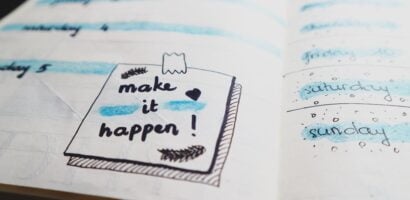Children/ Young People and Exercise
Whether it’s healthy eating, exercise, personal hygiene, organising schoolwork or anything else we want to build good habits around for young people – there’s no denying that childhood is a key time to instil practices that will help them develop into happy, healthy and well-rounded adults. Whilst many guidelines remain the same throughout our lives, such as eating plenty of vitamins and minerals, limiting less nutritious foods and keeping active, there are certain specific recommendations for children in order to best support their health and development. This blog covers some of the key guidelines for children and young people and suggests some ways in which they may manage to hit their daily exercise target without it feeling like a chore! You never know, they might even have a positive impact on the adults in their lives and encourage a whole-family approach to health and fitness, as there’s no better way to lead than by setting a good example.










